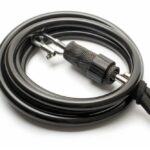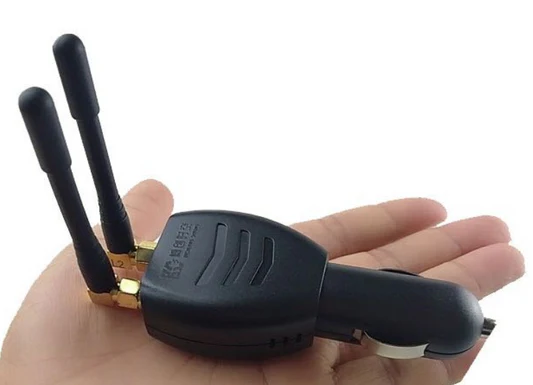In today’s fast-paced business world, maintaining transparency and accountability is more than a buzzword—it’s a necessity. For organizations with employees on the road, managing travel expenses and mileage claims can be a logistical challenge. This is where a mileage tracker becomes an indispensable tool. But can a simple app really improve internal processes and boost organizational integrity? The answer is a resounding yes.

Content
Enhancing Accuracy with Automated Tracking
Traditional mileage logs—often manual entries on spreadsheets or paper—are prone to human error, forgetfulness, or even intentional misreporting. A digital mileage tracking system eliminates guesswork by automatically logging routes, times, and distances using GPS technology. This not only improves accuracy but also builds trust, as employees and managers can rely on consistent, verifiable data.
Strengthening Employee Accountability
When employees know their mileage is being tracked digitally, there’s a natural shift in behavior. Digital mileage trackers encourage responsibility by providing real-time insights into employee travel patterns. This accountability discourages falsified claims and ensures mileage reimbursements are based on actual travel, not estimates.
In addition, by using a mileage tracking app, employees gain a sense of ownership over their time and travel. It empowers them to manage their schedules more effectively, knowing that their trips are being recorded automatically and transparently.
Increasing Managerial Transparency
From a management perspective, a mileage tracker offers a clear view into daily operations. It allows supervisors to oversee travel expenses without micromanaging, which is especially useful for companies with remote or field-based teams. Real-time dashboards and reporting tools provide actionable insights, such as identifying inefficiencies in routes or uncovering excessive travel claims.
This visibility can lead to more informed decision-making and budget control, ensuring that organizational resources are used wisely. For instance, route optimization features in some mileage tracker apps can reduce fuel costs and save time, adding a layer of operational efficiency.
Supporting Financial and Tax Compliance
Proper documentation of business travel is crucial for financial reporting and IRS compliance. A mileage tracker helps ensure that all mileage logs are audit-ready, with timestamps, locations, and purpose of the trip clearly documented. This can significantly reduce the risk of audits or penalties due to inaccurate or incomplete records.
Furthermore, come tax season, having access to categorized mileage—business, personal, or commuting—simplifies the filing process. Employees and accountants alike benefit from clean, digital logs that meet government standards.
Promoting Organizational Integrity
At its core, the use of a mileage tracker signals an organization’s commitment to transparency. It sets a standard of fairness and professionalism across the company, showing that every mile matters and every expense must be justified. This culture of accountability can positively influence other areas of the business, from expense reporting to time tracking.
Final Thoughts
Incorporating a mileage tracker into your organization is more than a tech upgrade—it’s a strategic move toward better accountability and transparency. Whether you’re managing a small team or a large fleet, the benefits of accurate mileage logging, streamlined reimbursement, and improved trust are hard to ignore. With the right mileage tracking app, you’re not just keeping tabs on travel—you’re paving the way for smarter, more transparent business operations.

Max isn’t your ordinary auto blogger. He’s your friendly neighborhood gearhead, here to guide you through the automotive maze. His blog is like a conversation with a buddy who’s always got the latest auto scoop.












